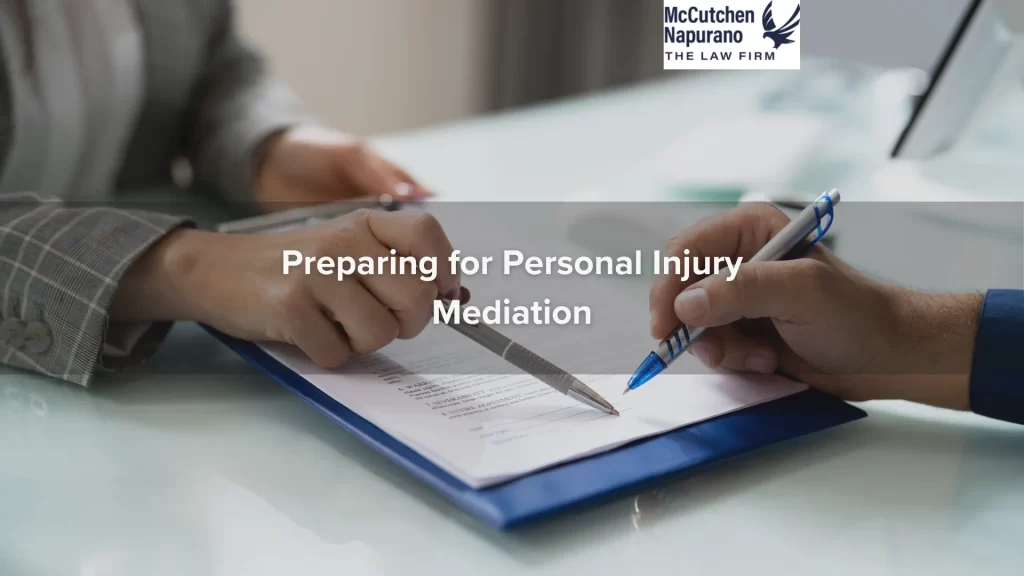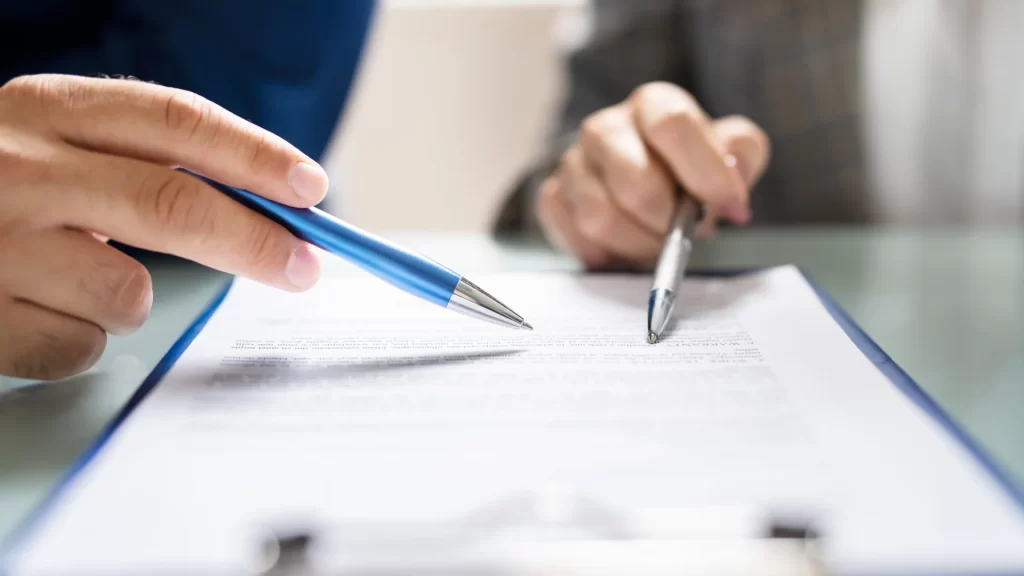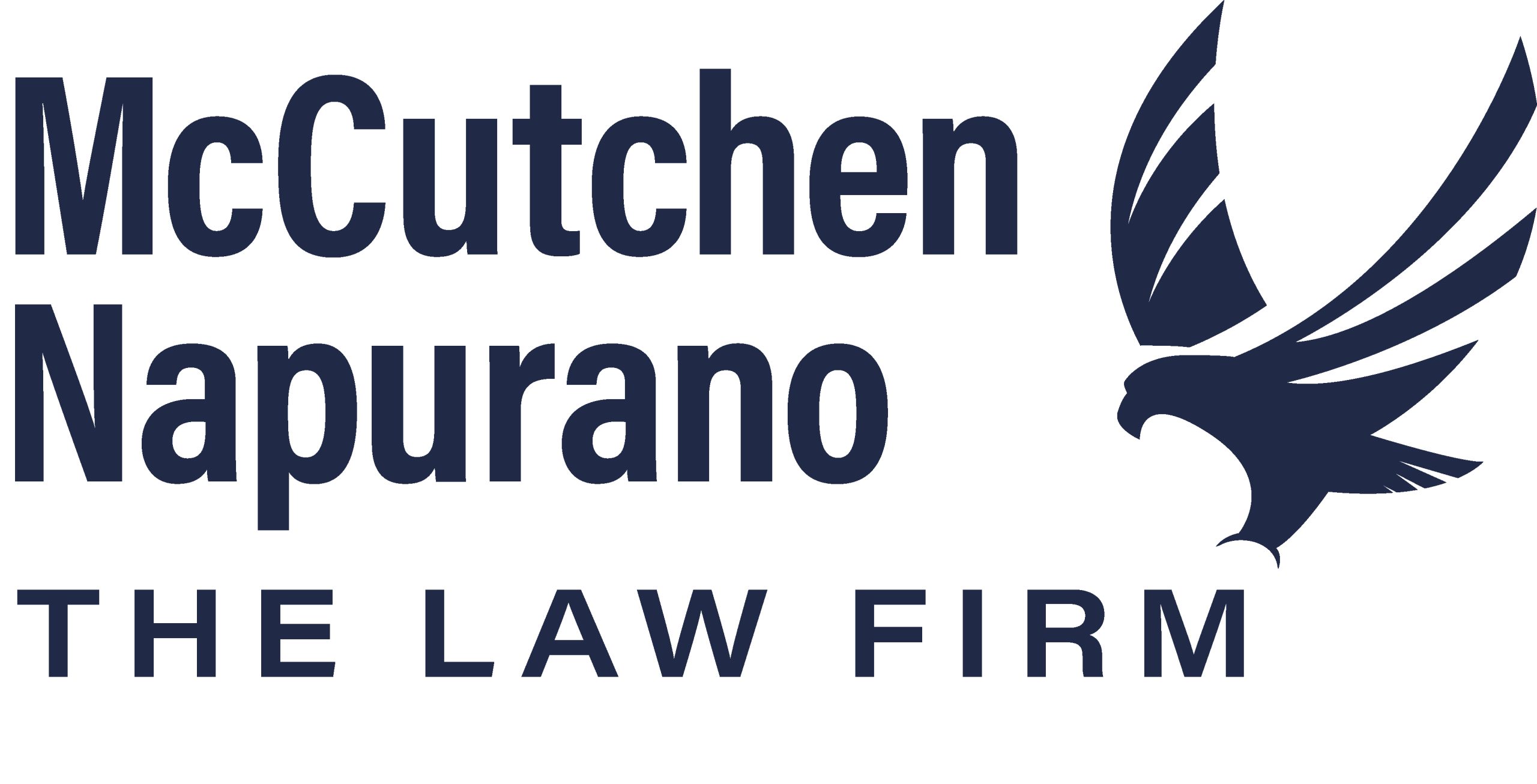Posted on Friday, September 8th, 2023 at 9:00 am

Are you having trouble reaching a settlement agreement in your Arkansas personal injury case? You may be frustrated if the lack of progress results from negotiation difficulties.
Our Arkansas personal injury attorneys at McCutchen Napurano - The Law Firm understand this. Sometimes, we recommend going to court if the other party won’t offer a fair settlement. In other instances, it makes more sense to enter into mediation first.
Mediation is a form of alternative dispute resolution that involves a neutral third party helping you and the other parties, in your case, work toward an agreement. The following guide explains how to prepare for mediation and why you may benefit.
Mediation, Demystified
Preparing for mediation may be easier than you assume. Your personal injury attorney can assist you throughout every stage of the process.
The steps that come before the actual mediation session include:
- Notifying the other parties – The other party involved in the dispute must receive official notification of your desire to try mediation. Other parties may also require notification depending on the length of your case. For example, the judge should know you wish to try mediation if your case goes to court.
- Choosing a mediator – State law establishes criteria an individual must meet to serve as an official mediator. You and the other parties involved must choose a mediator with the necessary qualifications. You must also decide whether they’re right for your case. A personal injury attorney can help you make this decision.
- Setting a date – Once all parties agree on a mediator, you can set a date for an initial mediation session.
What the Mediation Process Involves
The specifics of the mediation process may vary somewhat on a case-by-case basis. Typically, though, mediation involves:
- Setting of ground rules – At the beginning of the session, the mediator will introduce the parties and explain the mediation process and its rules.
- Presentations of arguments – The key parties involved in your dispute (including yourself) will present opening statements. Preparing for mediation involves ensuring your arguments are clear and well-supported by evidence. Once the mediator hears both sides, they may put the parties in separate rooms and go between them to help them reach an agreement.
- Arriving at outcomes – Successful mediation occurs when all parties arrive at a settlement agreement that is fair and acceptable to everyone.
Your personal injury attorney can evaluate any settlement offers the other party makes to be sure it is fair to you. You don’t have to sign a settlement agreement during mediation if no fair offer is made.
The Neutral Guide: Role of the Mediator
The role of a mediator is to facilitate a settlement between the parties in a non-threatening, civil environment. A mediator achieves this goal by being neutral. If you ever feel your mediator favors one side over the other, discuss your concerns with your attorney. You may end the mediation if you don’t believe you’re receiving fair treatment.
How a mediator facilitates positive discussion depends on such factors as their experience, the nature of the dispute, and more. Methods they may use include:
- Identifying priorities: In a mediation session, each side will present opening statements that make their positions clear. The mediator may ask additional questions of each side to determine what their priorities are in order to know what to suggest to help the parties reach their goals.
- Staying focused: A mediator can help discussions get back on track when they devolve into arguments. Often, the parties will be in separate rooms after the opening statements so that the mediator and each party can discuss their situation privately.
- Communicating key details: The parties involved in a personal injury dispute may have a naturally hostile relationship. Such hostility could prevent them from understanding all the details of the other side’s case. A neutral mediator may help express or communicate these details and enable the parties to see the merit in the other side’s stance.
The role of a mediator has limitations. The following are just a few steps a mediator can’t take:
- Offering legal advice: The role of your personal injury attorney is to provide legal advice. A mediator cannot do so.
- Making recommendations: It’s unethical for a mediator to compel an agreement, and they can’t recommend that you accept one.
- Making promises: A mediator can only try to help parties involved in disputes settle their differences. They can’t guarantee specific outcomes.
Preparing Yourself for Mediation
Your lawyer will help you prepare for your mediation session. You can help yourself by taking the following steps:
- Know what you need: Thoroughly outline your priorities when making notes with your personal injury attorney. It’s important that you clearly explain what you wish to achieve. It’s also wise to know what portions of your demands you’re willing to compromise.
- Gather evidence: Your lawyer will have gathered evidence to support your case. Know the evidence thoroughly and understand the ways it supports the amount of compensation you’re seeking.
- Be respectful: Mediation is less formal than court. Regardless, you should still dress respectfully. Just as you would maintain your emotional composure in court, you should also do so during mediation.
Navigating What to Say in Mediation

Part of preparing for mediation requires understanding what you shouldn’t say during the mediation process. When a mediator asks you a question, listen carefully. Choose your words cautiously when you respond.
Mistakes to avoid making during mediation include:
- Withholding information: Some personal injury victims believe they should save certain key pieces of very strong evidence for trials. Don’t make this error. If you have evidence that can help you arrive at a fair agreement, present it during mediation.
- Making accusations: Pointing fingers and losing your temper will not move your case forward and may result in derailed negotiations.
- Revealing too much: Don’t withhold valuable evidence during mediation, but you need not tell your opponent everything about your ideal settlement right away.
Making the Most of Mediation
You may benefit most from mediation if you set realistic expectations. Remember, mediation aims to arrive at a settlement agreement all parties find satisfying. In addition, you can end mediation without signing an agreement if the offer is insufficient.
Our Arkansas personal injury lawyers from McCutchen Napurano - The Law Firm can help you get the most from mediation. Learn more about how we may help by contacting us online or calling us at (479) 783-0036 to schedule your free case review.
Related posts
How long does it take to settle a case?
Talk to a lawyer first for your own safety
Why posting on social media after an accident can hurt your case




